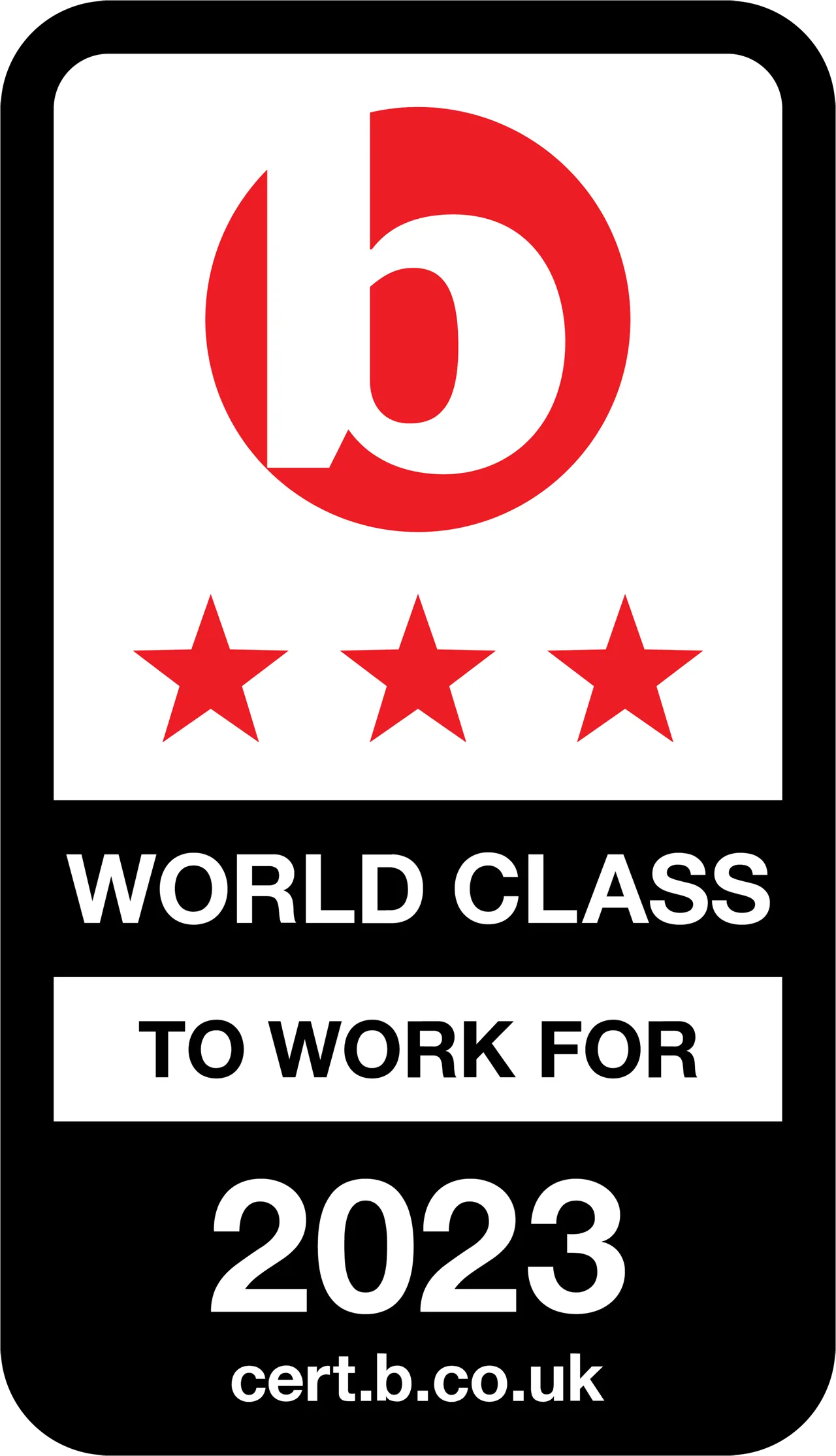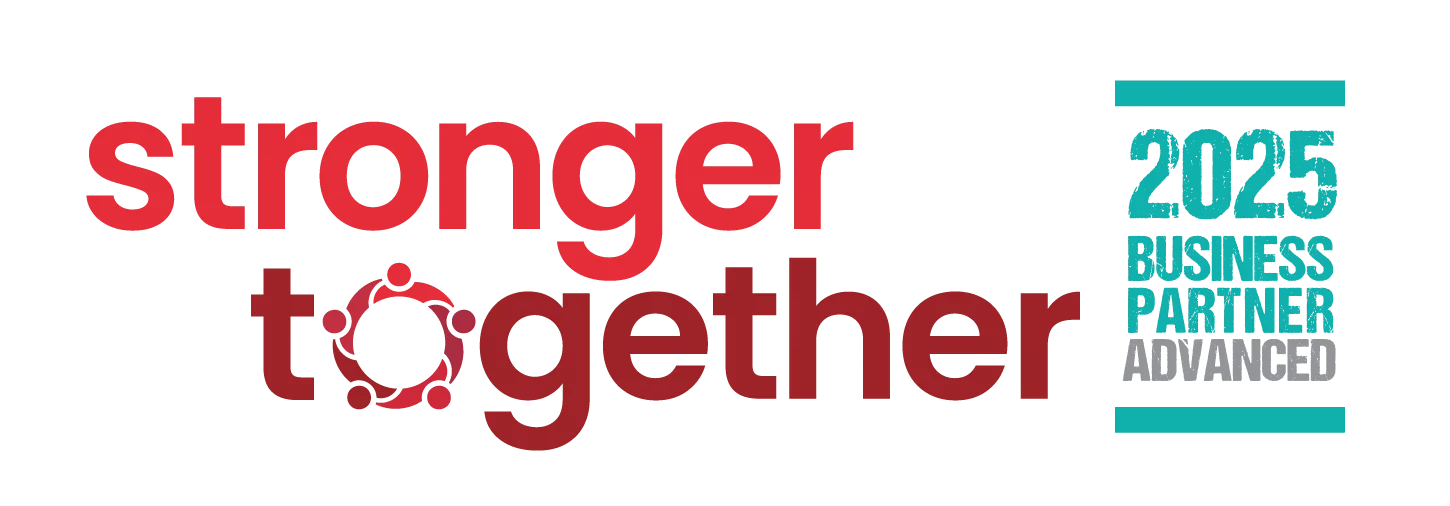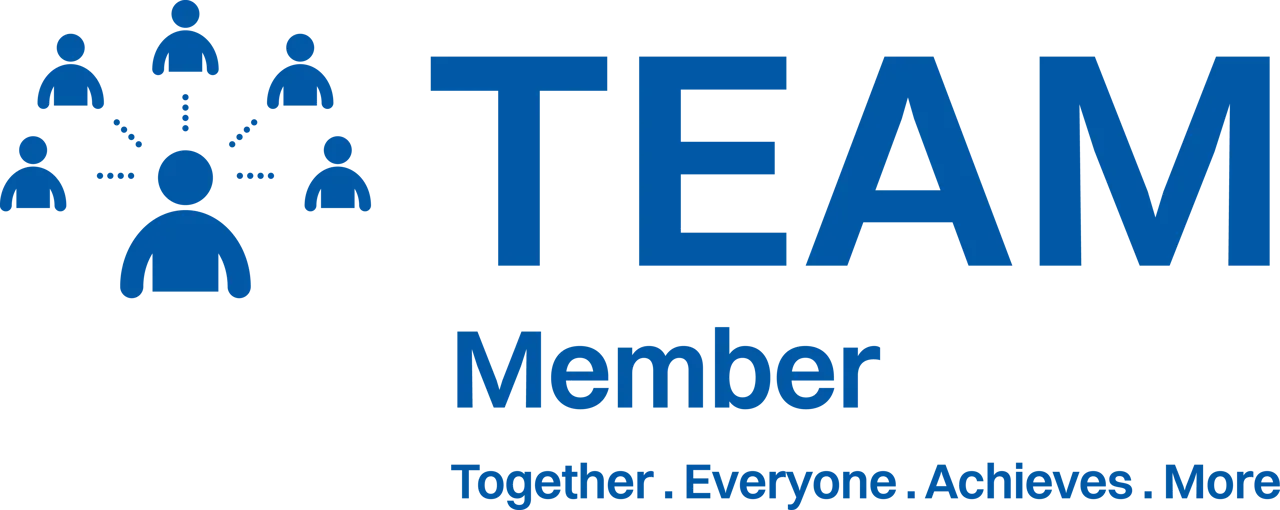
The importance of onboarding
17 Aug, 202110 minutesThe Importance of Onboarding, and why it extends far beyond the first day of a new hireYou'v...

The Importance of Onboarding, and why it extends far beyond the first day of a new hire
You've spent a significant amount of time, money, and effort hiring the best candidate for your team. Great job! But it doesn't end there. In fact, this is just the beginning. Now that you've secured your new hire, you need to ensure that they integrate well, get up to speed quickly so they can perform effectively, and, most importantly, make sure they stay (otherwise it's all been a significant waste of time and money!). How do you achieve this? Effective onboarding.
Onboarding - the action or process of integrating a new employee into the workplace, helping them to adjust to their new environment, learn everything they need to learn, and become accustomed to all aspects of their role, quickly and efficiently. Why? So they feel welcomed and valued and can function effectively in their role and start producing results.
However, onboarding is more than just an initial welcome, and it should extend far beyond the first day, continuing until the new hire has fully adjusted to their role and environment.
Onboarding Process - The Steps
Onboarding can consist of multiple formal and informal processes or activities to help a new employee adjust to their new position. Formal onboarding can include official, coordinated activities away from the team or colleagues such as classroom or one-on-one training. Informal onboarding steps can include ad-hoc or semi-organized activities such as meetings with managers or team members, shadowing a colleague, desk-side or on-the-job training. All organisations are different, and there are many different ways to welcome and onboard a new hire.
Congratulate Your New Hire
Once an offer has been accepted, congratulate them! Send them a welcome message - whether it's an email, a card, or a welcome package with company goodies. Announce their appointment on the company's website or social channels. An informal team lunch or social gathering is also a good way to welcome them into the team to break the ice and make them feel special.
Keep Lines of Communication Open
There's usually a period of time between a new hire accepting the position and actually starting, and it's imperative you keep in touch with them during this time. Drop them your contact details, let them know they're welcome to get in touch with any questions they may have before starting. Include them in team celebration emails, company updates, or invite them to any team events or social activities to make them feel included. This will make them feel welcome and keep them excited and enthused about joining you.
Get the Paperwork Out of the Way
Use this time to send out any reading material or formal paperwork so your new starter can understand any policies or complete any necessary paperwork or documentation.
Plan Ahead
Show them you're organized and prepared. Make sure when they arrive for their first day they're not sitting around while people rally around trying to find them a desk or set up their workstation. And most importantly, have a plan for what their first day / first week will involve and share it with them so they know what to expect. Make sure they have meaningful work or something they can achieve so they feel like they're adding value from day one.
Day 1 Welcome
Your new hire may well be feeling first day nerves. Have their workspace ready and welcoming, inform team members and the front desk of their arrival so they can welcome them with open arms. Be friendly and positive, and introduce them to their immediate colleagues and the wider team.
Set Expectations
Create a clear definition of your new starter's role, responsibilities, and what's expected of them, and communicate it clearly.
Culture
Embrace them and familiarize them with the company's culture, values, and vision. Help them feel part of the group and get them involved by introducing them to any groups or social/company initiatives you may offer.
Coaching and Training
Set them up for success with coaching, learning opportunities, training, feedback, and reviews. Supporting their growth within the company is an ongoing investment.
Integrate Them into the Team
Assign a buddy or mentor so they know who to go to if they have any questions or need any help in those early days. Help them build relationships and create a personal support network.
Don't Stop There
The onboarding process isn't intended to last only for the first day or the first week; it should continue until the new hire is fully integrated into the team and their role. Check in with regular meetings and catch-ups to review how they're getting on, give them positive feedback, and address any concerns or questions they may have. Let them know they're supported. Maintain the good impression they had of you at the start so they don't regret their decision to join you.
Get the Balance Right
Too much of anything is not good - starting a new job is mostly exciting but it can also be overwhelming, and sometimes difficult to retain a huge amount of information in one go. So don't rush it! Rome wasn't built in a day, so spread activities, meetings, or training sessions out over time. This will allow your new hire time to retain all the new information they've received, try things for themselves, ask questions, get to know people, and watch them. Conversely, scrimping is not good - a lack of care, attention, instruction, training, etc., will impact your new hire in a less than positive way.
Why is Onboarding So Important?
The benefits of a good onboarding process are untold… Research shows that the quality of onboarding can drastically affect engagement, performance, and longevity of service. A good onboarding process makes people feel welcome. It helps them to settle in quicker, feel valued, and gives them the power, tools, and techniques to do good work and reach productivity faster. And it ultimately improves retention. It results in higher employee engagement, increased job satisfaction, increased productivity, long-term loyalty and commitment, and it builds a stronger company culture. And if that isn't enough, all of this leads to easier talent attraction when it comes to hiring future employees, too!
Retention, Retention, Retention
25% of new hires quit their jobs after the first 3 months, which is a huge loss for a company that has spent a significant amount of time, money, and effort hiring and training, only to have to repeat the process again. What happens in those first few weeks and months is crucial to an employee's long-term success within the company. The most obvious benefit to a successful onboarding program is increased retention. Employees that are happy and well-adjusted in their jobs are more likely to stay with their employer.
A well-thought-out onboarding program can make all the difference in successful employee retention and engagement.
Conclusion
The solution is to make sure employees feel confident and comfortable in their jobs from Day 1 instead of just hoping things will work out. After the initial onboarding process, continue to offer your new hire any relevant training and development opportunities.
Once you've attracted the right talent, it's crucial you're doing everything possible to keep your hire on board and engaged. Care, listen, and always be willing to adapt and improve.
Let Meridian Business Support Help You
Meridian Business Support is an award-winning recruitment agency that operates in multiple specialist markets throughout the UK. We specialize in temporary, permanent, and contract recruitment across four key sectors: Built Environment, Health, Office & Professional, and Industrial. Whether you are a candidate looking for your next job or a client looking for the ideal candidate, see what Meridian can do for you!
Call us now: 0161 929 3849
Drop us an email: enquiries@meridianbs.co.uk
Visit our website: https://www.meridianbs.co.uk/














